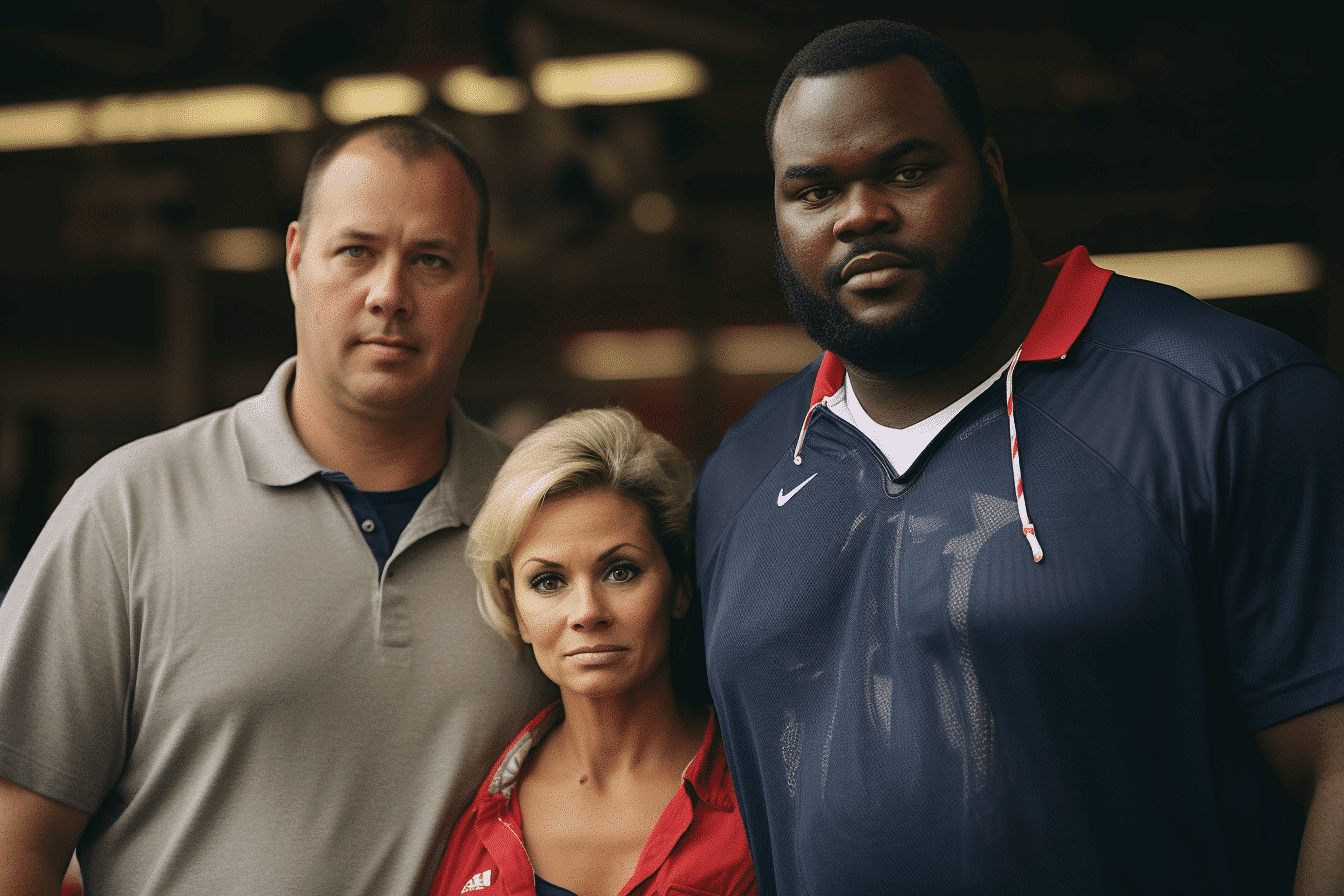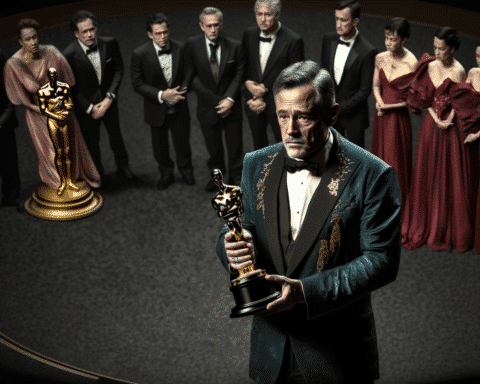Former NFL player Michael Oher, who was reportedly adopted from severe poverty by the wealthy Tuohy family, a story which inspired the 2009 film “The Blind Side,” has approached a Tennessee court alleging that key aspects of the tale were fabricated to benefit the Tuohys financially.
The petition, spanning 14 pages and submitted in Shelby County, Tennessee, claims that Sean and Leigh Anne Tuohy, who had taken Oher in during his high school years, never formally adopted him. Instead, the document suggests, they manipulated him into signing over conservator rights to them shortly after his 18th birthday in 2004. This permitted them to legally transact business under his name.
The legal document further states that the Tuohys exploited their conservator roles to negotiate deals related to the film, which grossed over $300 million. These deals financially benefited the Tuohys and their biological children, while Oher allegedly received nothing. Despite this, the Tuohys have continued to promote Oher as their adopted son, leveraging this claim to advance their foundation and Leigh Anne Tuohy’s career as an author and speaker.
The court filing reads: “Co-Conservators Leigh Anne and Sean Tuohy profited from the misconception of Michael’s adoption at Michael Oher’s expense.” Michael’s shock and dismay became evident in 2023 when he realized the conservatorship he thought was akin to adoption in fact had no legal familial implications.
The Tuohy family’s lawyer declined to comment, promising an upcoming legal response. However, Sean Tuohy expressed his shock to the Daily Memphian, insisting they profited only from Michael Lewis’ book, not the movie.
Oher’s legal request urges ending the Tuohys’ conservatorship, restricting them from using his identity and requiring a financial breakdown of their earnings linked to his name. It also asks for a just share of the profits for Oher, alongside unspecified compensatory and punitive damages.
The distinction between adoption and conservatorship is crucial. Adoption would have made Oher a legal family member, granting him autonomy over his finances. Conservatorship, however, gave the Tuohys control, even as Oher was an adult with no evident disabilities.
Further allegations suggest that the Tuohys negotiated a film deal soon after the 2006 publication of “The Blind Side: Evolution of a Game.” While the Tuohys reportedly earned from the movie, Oher supposedly unknowingly signed away his life rights to 20th Century Fox studios without compensation.
Previously, the Tuohys stated that their earnings from the movie were divided equally with Oher. However, Oher’s recent court filing challenges this claim, with his attorney suggesting Oher never got straight answers when questioning the film’s revenue distribution.
Despite initial trust, Oher’s relationship with the Tuohys began to strain due to his portrayal in “The Blind Side,” which he believed harmed his NFL prospects.
Oher’s story depicted by the movie as a rags-to-riches tale is more nuanced in reality. While facing numerous hardships in his early life, he also had the intelligence, determination, and external support, including from the Tuohys, to overcome his challenges.
Oher’s book, “When Your Back’s Against the Wall,” sheds light on his pain and hurt stemming from “The Blind Side.” He wrote, “Beyond the intricacies of the transactions and the politics behind the book and film, the real pain came from the decisions some made.”
The evolving tale of Michael Oher, once portrayed as a Hollywood fairytale, casts a shadow over the authenticity of stories represented on the big screen. This revelation underscores the necessity of ensuring the accuracy and fairness of narrative accounts, especially when they involve real people’s lives. It remains to be seen how the courts will judge this matter, but the controversy serves as a poignant reminder of the intricate ties between trust, family, and the truth.




